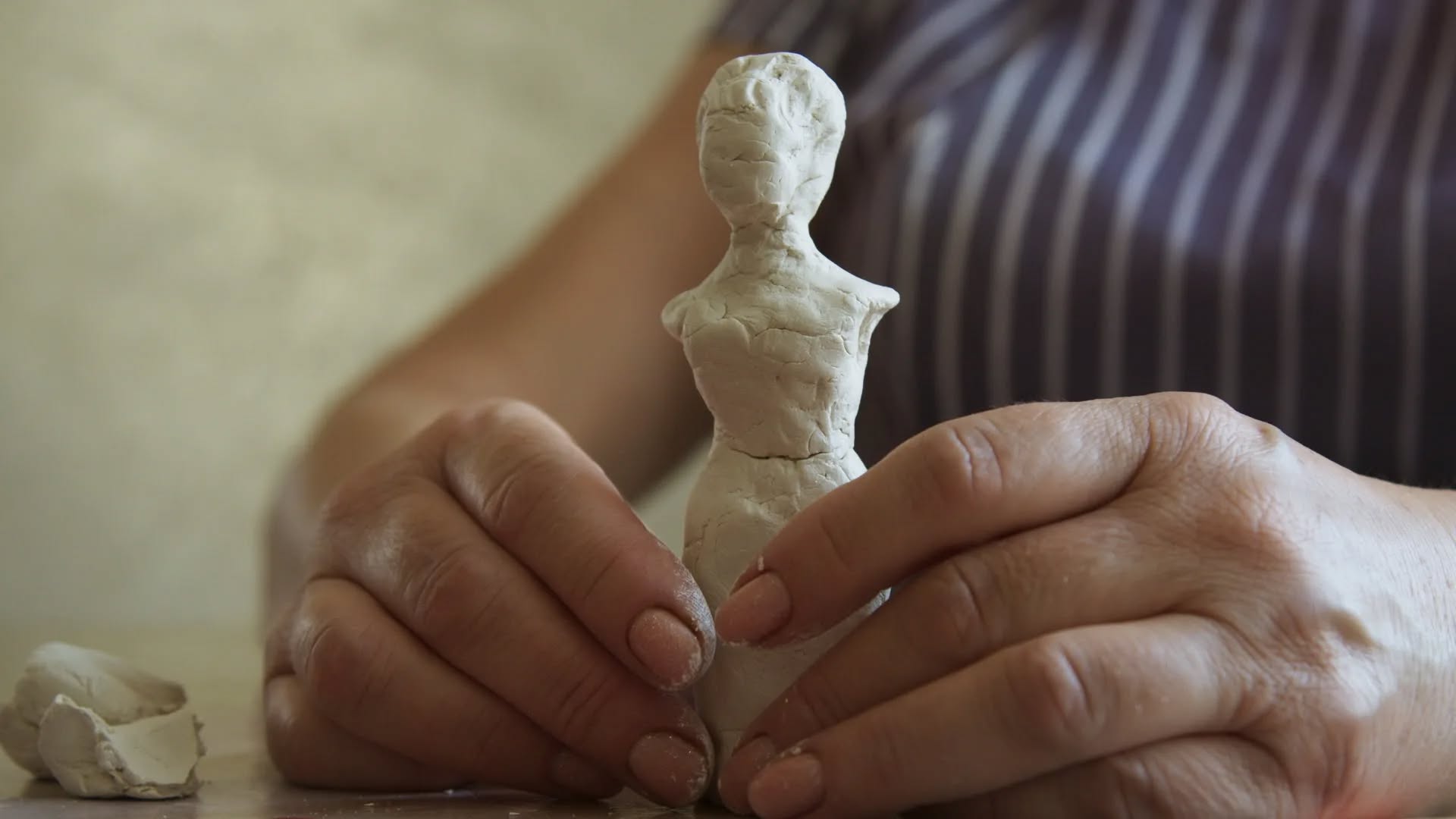Odessa has long been considered the capital of "love adventures" in Ukraine and many believe that it started to be since nineties of last century. Actually, this tradition started since the city's inception.
Under Duke de Richelieu (1812) the "girls of easy virtue" in Odessa were recorded more than one and a half thousand (on a population of 30 thousands).
The first inhabitants of Odessa were soldiers, sailors and foreigners from all over Europe. Professions inseparable from whores. And any port city has always been a place of depravation.
Prostitution before the revolution

Empress Catherine II, worried about the health of her army and navy, signed the "Charter of Urban Piety", which established a mandatory medical examination of public women and stipulated in which areas of the city they could carry out their activities. Emperor Paul I fixed overalls for prostitutes: a yellow dress. That is why the later official certificate of a prostitute became the "yellow ticket".
Legalization of the sex art
Until 1843, prostitution in the Russian Empire was prohibited, but Nicholas I legalized it. True, the attitude towards the oldest profession of the world in society remained negative. Mayors Richelieu, Lanzheron, Vorontsov and Stroganov tried to close brothels. The latter commented on this unequal struggle as follows: "I do not know if we will get rid of prostitution, but rather it will get rid of us."
All legal prostitutes and brothels went under the control of the medical service and police. They had to identify illegal prostitutes and treat girls for sexual diseases, as well as make them pay taxes. And this system bore fruit: the tax on prostitution significantly exceeded the profit from cargo trade of the Odessa port and the number of diseases decreased. Medical examinations until 1909 were carried out twice a week directly in police stations. The service was also responsible for helping minors, pregnant women and "returning them to an honest lifestyle."

Rules of brothels
Brothels had their own rules. According to the law, the brothel should not have any signs, the distance from it to churches, schools and colleges should have been at least 300 meters. It was not allowed to play music inside the brothel, only the piano. It was also forbidden to decorate a house of tolerance with portraits of royalty. Only a woman could rule a brothel.
The brothel class depended on the availability of young girls (18 to 22 years old), exotic girls (foreign women, aristocrat origins), as well as sexual services. The services cost of a "priestess of love" was from 25 kopecks to 1 ruble. The atmosphere, furniture and appearance of the girls were also important. There were very luxurious brothels with ladies in elegant outfits and low level brothels with one dirty couch.
Brothels were taxed. Three-quarters of the payment was due to the hostess, and a quarter to the girl. The workers were provided with shelter, security, clothing and food. The brothel owners were to be punished "for bringing the girls living with her to extreme exhaustion by excessive use". But in fact, no one controlled this, and unfortunately the girls lived into a condition of slavery.
The working hours of the houses of tolerance were necessarily consistent with the church calendar. The activity was closed until lunchtime on Sunday and religious holidays, as well as during the fast days before Easter.
The shameful "Yellow Ticket"

The "night butterfly", who was caught with a client once without the authorisation, would have received the famous "yellow ticket": the identity document of a priestess of love. From that moment she could work exclusively in that profession." And it was almost impossible to return a normal job. Interestingly, prostitutes had their own trade union that defended their right to work.
Where were brothels in Odessa
In all the rooms of hotels in pre-revolutionary Odessa, there was a list of addresses of Odessa brothels.
A special concentration of legal brothels was on Krivoy Street (now Astashkin Lane). After the street was renamed into Proviantskaya, all activity moved to Moldavanka and to Glukhaya Street (Zaporozhskaya). There were also brothels in the streets: Richelievskaya, Preobrazhenskaya, Pushkinskaya, Sadovaya, Lanzheronovsky Spusk, Krasny Lane and Cathedral Square.
One of the most popular was located at the beginning of Polskaya Street, 5 (today Lekh Kachinsky), close to a gate of the port. In 1881, the building was built as Moiseev's tenement house. It was notable because it had a "back door".

Sometimes sex workers lured clients on the streets. In 1887, the Archbishop Nikanov of Kherson and Odessa wrote complaints about an "attack" received by prostitutes right on Cathedral Square.
Whores and crime
In the archives of the police, there are many criminal cases in which the "moths" stole and even killed their clients. Moreover, for theft, the girls were in prison for only a couple of months. But it also happened that the girls died at the hands of their lovers. The newspaper "Odessa Leaf" dated July 17, 1884 described the murder of prostitute Maria Voronovich in a brothel on Lanzheronovskaya.
Some girls were often kidnapped for foreign brothels. So, in the period 1870-1905 more than 500 "sex slaves" were returned to Odessa. But also for selling girls to brothel houses culprits went to jail for a short period of time: four months.
Bed spies in Soviet time
At the beginning of the 20th century, according to police reports, there were 33 brothel houses in Odessa, where 8304 girls worked. In 1918, the Soviet government tried to eradicate prostitution, but to no avail. It was liquidated only by 1926. True, only officially.
During the Second World War, many women from Odessa interacted with the occupiers. Sometimes spontaneously, sometimes not. So, in the diary of Yuri Sukhodolsky there is an entry about the opening of a brothel in March 1944. In this regard, at the beginning of the occupation in Odessa there was an epidemic of venereal diseases. Many free private clinics wer opened in the city. Soldiers were the main carriers of diseases.

During the reign of Khrushchev and Brezhnev, elite prostitutes worked with foreign tourists, expensive restaurants and hotels. They became friends of foreigners and communist party officials. Some of them were recruited by the KGB, to spy about interesting inclinations of their important clients. One of the Odessa priestess of love, named Sobolevskaya, even took part in the recruitment of agents from foreign countries, including the former French ambassador to the USSR.


















